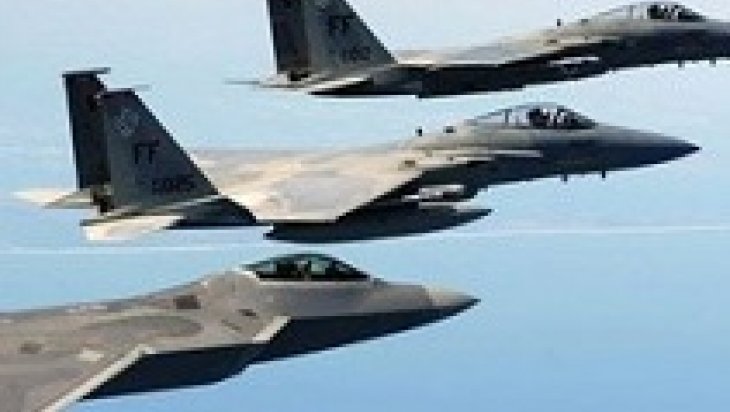Downed Russian Warplane, Rules of Engagement and International Law

It is possible to evaluate, in terms of international law, Turkey’s downing of Russian warplane on 24th November 2015 as such: The mentioned Russian warplane was downed since it is claimed to have violated Turkish air space while launching attacks against the opposition in Syria. According to the Convention on International Civil Aviation, foreign warplanes cannot trespass on national airspace since states have sovereignty over and exclusive powers to control their airspace. A plane shall not be downed on condition that it has no aggressive purpose when it comes to violation in peacetime. However, according to international law, a state can act differently even during peacetime to ensure its own security when there is a civil war or conflict in the vicinity of its borders.
There is not a state of war between Syria and Turkey. There are clashes between the regime forces in Syria backed by Russia, Iran and Hezbollah and the armed opposition groups. Since these clashes take place near the Turkish border, bullets sometimes drop on Turkey’s side and the Assad regime and its supporter Russia's warplanes launching operations against the armed opposition groups can violate the borders. This may necessarily make the security of Turkey a delicate issue. In such a situation, it is possible to adjust the rules of engagement differently with nonaggressive purposes in peacetime.
The concept of engagement is related to armed conflict in military literature and involves measures that states can take against potential attacks. It is possible that states can determine and declare their rules of engagement both in wartime and if necessary in peacetime in order to preserve their security and sovereignty.
Rules of engagement should be determined or changed in accordance with international law during both wartime and peacetime. San Remo Manual (IIHL, ROE Handbook) dated 2009, one of the documents that regulate the rules of international humanitarian law applicable to armed conflicts envisages that states can take nonaggressive measures and change their military strategy in this direction in order to ensure security and prevent potential attacks in case they face an attack or a war threat. The handbook agrees that states can take necessary measures in the face of actions and intentions which can be evaluated as hostile no matter what their origin is and of what quality they are.
San Remo Manual affirms that when a state determines the rules of engagement for its defense, it can define the hostile action(s), it has to forewarn the state or states which pose threat or may pose threat to its security, monitor the threat or threatening forces and can resort to use of force when all the peaceful means are insufficient and exhausted.
In its statement on 26th June 2012 after Syria’s downing of Turkish jet in Eastern Mediterranean, Turkish government expressed that the rules of engagement of the Turkish Armed Forces changed and accordingly any kind of military elements that may pose a security risk on the border would be a target for it would be accepted as a threat, that any support would be given to Syrian people until they disposed of the current government, that diplomacy traffic would continue with national and world public opinion and international institutions like Arab League, UN and NATO and that it would take steps according to the international law.
Turkey had already downed a Syrian plane and helicopter which violated its borders within the framework of the publicized rules of engagement. When considered in this respect, Russia had been warned before since its warplanes were detected to violate Turkish airspace. According to the statement of the Turkish General Staff, it was detected that the warplane did not stop border violation even though it was warned ten times in five minutes.
It can be concluded that the downing of the Russian warplane is not against the international law within the framework of publicized rules of engagement if it is detected that the plane, despite being warned, was downed for it violated Turkish airspace. Turkey should avoid tension and breakdown of the relations with Russia in this respect and continue to act within the framework of international law, by indicating that the plane was not downed just because it was a Russian warplane but a warplane which violated its airspace.








